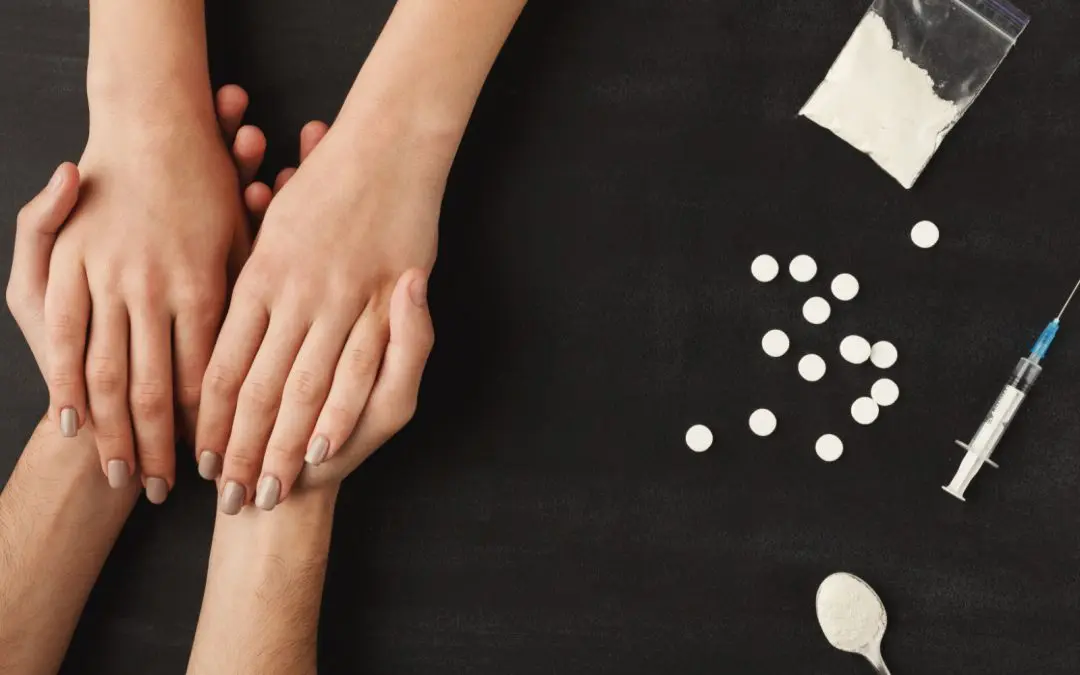24/7 Helpline:
(866) 899-221924/7 Helpline:
(866) 899-2219
Learn more about Residential Rehab centers in Wayne County

Other Insurance Options

Magellan Health

CareFirst

Choice Care Network

Magellan

Holman Group

United Health Care

WellPoint

Regence

Multiplan

Optima

GEHA

Horizon Healthcare Service

Evernorth

Absolute Total Care

Aetna

WellCare Health Plans

PHCS Network

ComPsych

EmblemHealth

Private insurance

AA – Alcoholics Anonymous
AA – Alcoholics Anonymous is a non-profit rehab located in Jesup, Georgia. AA – Alcoholics Anonymous...

Pineland – Wayne Counseling Center
Pineland-Wayne Counseling Center is a behavioral health organization that supports individuals with ...







































